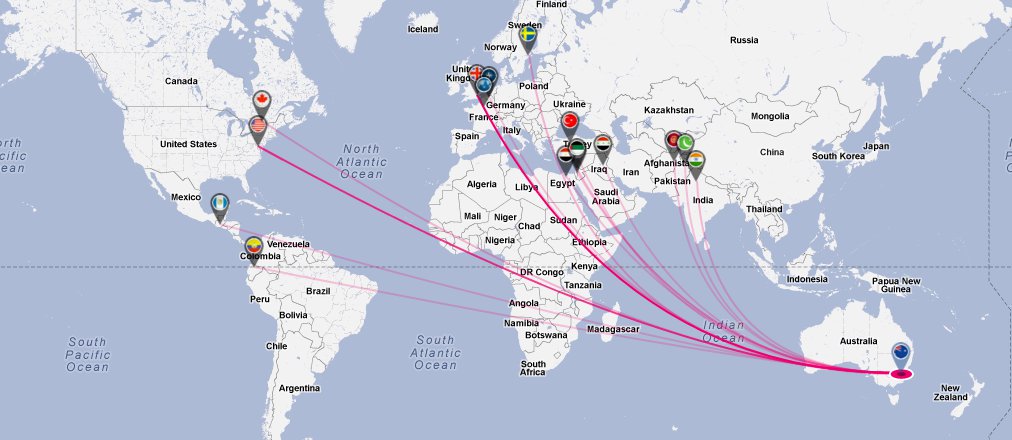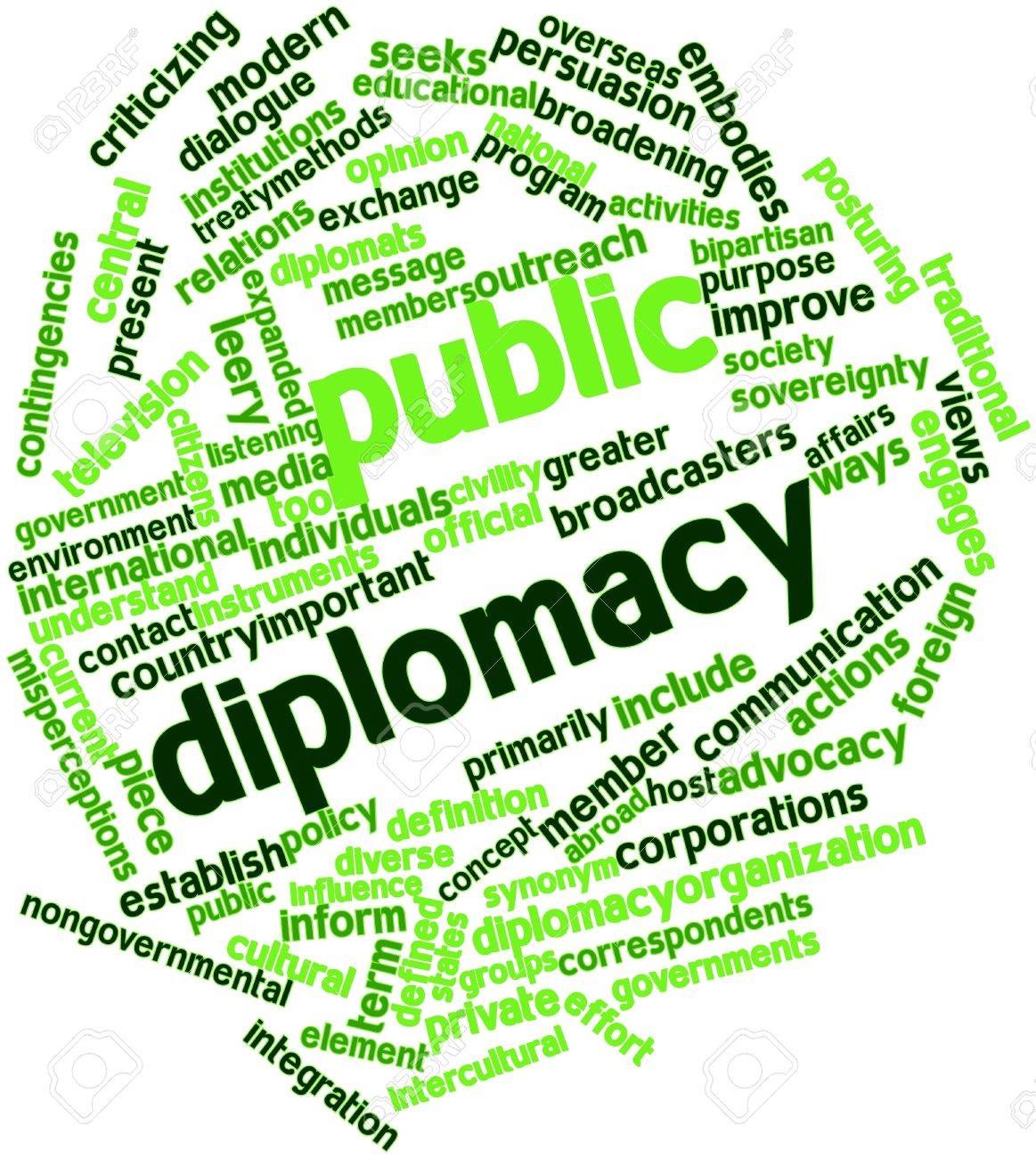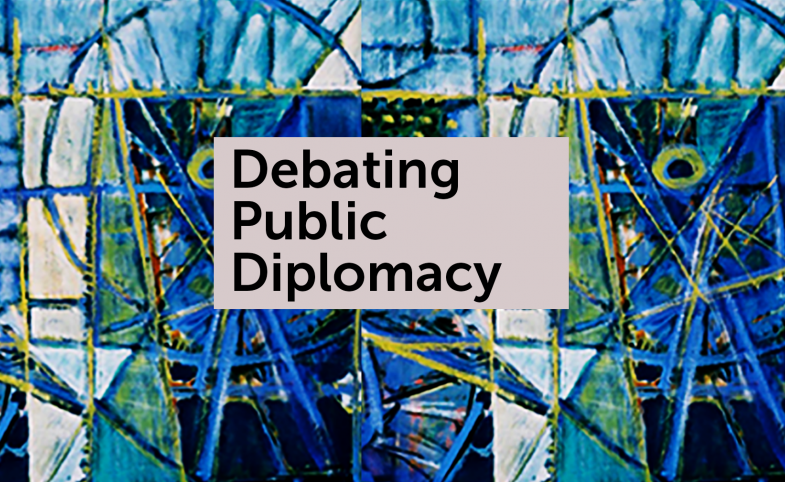 Journalists are often advised to report the story, not become part of it, but Australia’s coverage of and broadcasting to Asia have been making headlines for years.
Journalists are often advised to report the story, not become part of it, but Australia’s coverage of and broadcasting to Asia have been making headlines for years.
In 2014, the trend has continued with the Federal Government eviscerating its publicly funded overseas television service, Australia Network, which targeted its broadcasts to Asia. News reports this month suggest ABC Radio & Television’s news presence in New Delhi and Tokyo may be scaled back too.
We should, perhaps, be grateful that the future of ABC news operations in Asia is considered newsworthy. The perceived importance of this presence reflects the consensus that Australia’s future lies in its immediate region.
Less helpful is the assumption that the current round of cost-cutting at the national broadcaster is the result of a partisan antipathy towards the ABC within Federal Cabinet. While the antipathy is real, the economic drive owes more to Canberra’s efforts to rein in spending across the board.
The decision to axe Australia Network has led to a reduction of domestic Asia-focused programs, as well as fewer Australian broadcasts to Asia. The replacement network, Australia Plus, is so poorly resourced that some informed observers say it actually exposes Australia to ridicule in the region. ABC News has attempted to minimise the losses by absorbing a number of Asia-based camera-operator positions that would otherwise have been lost.
The fact is that broadcasting and journalism are two of the most dynamic and challenged industries of our times. Technological change has created intense competitive pressures, along with opportunities. CNN’s decision this week to cut 10% of its workforce underlines the scale of those challenges.
An intelligent response to the disparity between our need to understand our complex world and the finite resources available for doing so begins with accepting the need for change in what we report, and how we report it.
The 24-hour news cycle, with its insatiable appetite for content, places smaller broadcasters like the ABC at a disadvantage to its larger foreign competitors. Try to match them and we risk stretching our resources too thinly. Withdraw from the contest and the critical need for news reporting of the world from an Australian perspective goes begging.
 However, the same rapid advances in communications technologies that create these challenges also help us adapt to them. Cheaper but more powerful and mobile news-gathering tools such as the web, social media, and digital video and editing software packages, empower smaller players.
However, the same rapid advances in communications technologies that create these challenges also help us adapt to them. Cheaper but more powerful and mobile news-gathering tools such as the web, social media, and digital video and editing software packages, empower smaller players.
The most likely outcome of the current review of ABC news operations will be reduced levels of funding and staffing in overseas news bureaux. Correspondents will be expected to do more with less. However, my understanding is that the closure of the New Delhi bureau, a regional hub for coverage of eight countries including India, Pakistan and Afghanistan, is not among proposals forwarded to the ABC Board by news division managers.
Nor is the current process of review all about cost-cutting. ABC news division managers are proposing a bold new approach to overseas coverage which stresses original reporting by correspondents. All too often in recent years, precious time and money has been spent requiring correspondents to provide overarching ‘wraps’ of major overseas stories. In future, ABC news producers may make more use of generic agency reporting of major events, complemented by original reporting by ABC reporters tailored to value-adding for Australian needs.
In days gone by, advocates of the turn towards Asia would argue that ABC News should scale back operations in Europe and North America and augment resources in Asia. Now, with the increasing frequency and scale of military cooperation in overseas wars between the US and Australia, the argument is more difficult to sustain.
Far more concerning than current plans to rationalise overseas coverage, I would argue, is the hit to Australian public diplomacy in Asia caused by the closure of the Australia Network. To cut but not replace Australia Network with something better, as recommended by the Australia India Institute’s 2012 Perceptions Task Force on which I served, impoverishes Australia’s effort to be understood in a region which all parties and governments agree should be the primary focus of our diplomacy.
http://www.lowyinterpreter.org/post/2014/10/08/Australian-public-diplomacy-real-loser-in-ABC-cuts.aspx?COLLCC=3663675127&COLLCC=3674231999&








